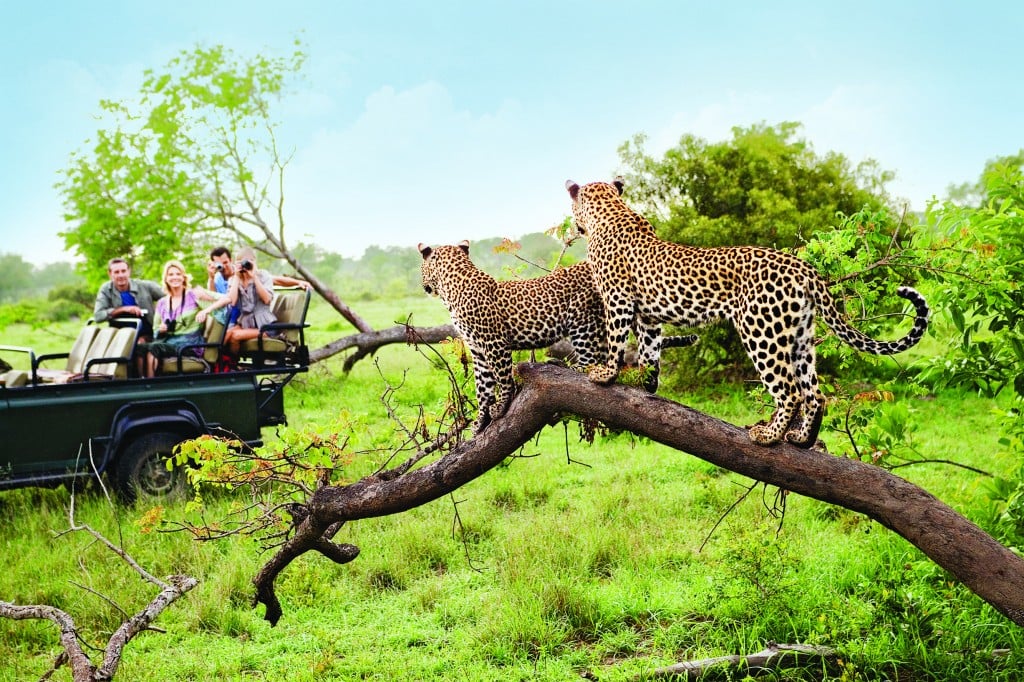A safari to where the wild things are
Mingle with elephants, lions and gorillas for as little as $300 a day
Advertisement
Mingle with elephants, lions and gorillas for as little as $300 a day

Share this article Share on Facebook Share on Twitter Share on Linkedin Share on Reddit Share on Email